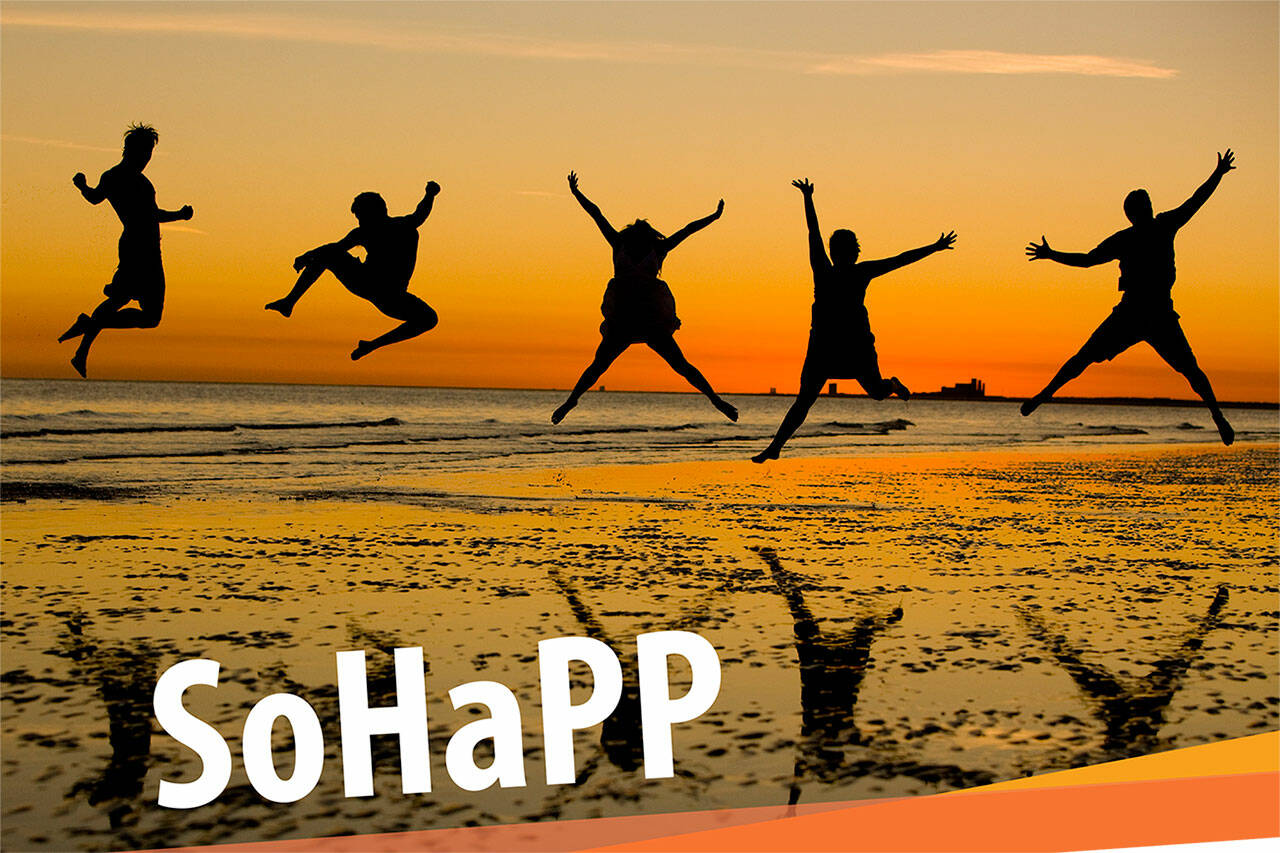The following is written by Trip Hart of SoHaPP — The Science of Happiness and Positive Psychology.
What might we be grateful for? I raised this to a friend and he replied: “We’re still here, aren’t we?” The last four months of columns on Habits for Happiness (H4H) has had an emphasis on Covid related issues. For the moment at least, we are no longer facing the full-blown ramifications of a rapidly spreading virus and are transitioning into an endemic phase. My friend, and anyone reading this column, is “still here”, and that means a lot. Right?
For certain it is – let’s not forget so many local families have lost loved ones, and to not be gone from this earth is worth celebrating. For those who have not suffered such a loss in their circle of friends, or not feeling the effects of long Covid, those lucky individuals can be grateful. We don’t often talk about the risk of dying early, since pandemics are few and far between. We are protected by two big oceans, so world wars aren’t as scary to us as they are to others. People in Ukraine are just trying to survive. But for us? We are fortunate to have the opportunity to focus on other perspectives. What can you appreciate?
How about clean, potable water? Hot water? The scene of a cascading waterway, or a meandering brook? How about a stranger’s smile? Someone to wonder and ask how you are doing? A friend who will share experiences? Those occurrences sustain life and give it meaning. Do you realize how important they are to your well-being? Do you express gratitude in return when you are the lucky recipient of such riches?
Is the expression of gratitude an important element to our mental health? Do you wrap gifts, but not deliver them? Of course not. Then one should not have gratitude without the expression of it. Perhaps the two most important words spoken together are “Thank you.” Easy to deliver, and so impactful to the recipient. When someone performs an act of kindness, even though they are not doing it for a reward or a nod of appreciation, an expression of gratitude is a gift in return. A meandering brook may not need words spoken to it, but for you to feel gratitude and emit to the universe your appreciation is beneficial to your soul. Take a moment to feel this wonder. It will make for a happier you.
H4H’s practice comes from the Science of Happiness and Positive Psychology (SoHaPP), and we suggest strengthening five characteristics for better mental wellness. The other four which have been addressed over the last few months are being more Positive, Kind, Mindful and Active. You can actually re-wire the brain to promote these habits by focusing on just one with daily repetition for 30 days. Use the month of May to being more Grateful.
Start your day off with a new routine of a walk, breakfast, and writing four things down you are grateful for – or maybe four things you took for granted that are truly important. Really concentrate on recognizing when you benefit from another’s kindness to be sure to reply with a “thank-you”. Make a point to bring up at the dinner table what made you happy that day. Do this every day for thirty days, and you’ll begin to change your mindset to being more naturally Grateful. It will be easier to accept the choices you make in the day to come, and appreciate what you have. There will be less worry about “wanting more”.
Our group very much appreciates the Courier-Herald for posting our column, and is most grateful to those who take the time to read it. This is our last one for the year, but we have a website of www.sohapp.org that has more details about the importance of all of these five habits. To especially learn about Gratitude, the parent of all virtues, it is worth the effort. For the time you have left on this earth, the days “We’re still here”, learn how to be more joyous for yourself and others. Be more Grateful!


